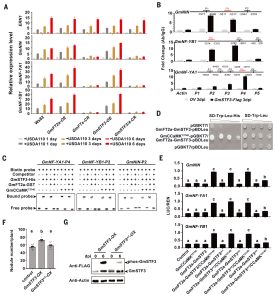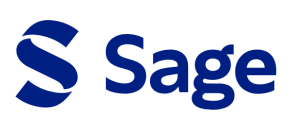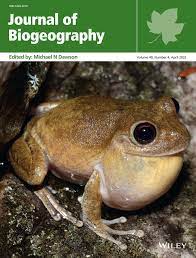
Would you consider a donation to support Weekend Reads, and our daily work?
The week at Retraction Watch featured:
- Science rescinds expression of concern issued last month
- Exclusive: Public health journal says it will retract vaping paper for questions authors say were addressed in peer review
- Exclusive: City of Hope cancer researcher goes to court to fight misconduct finding
- Meet the author who has published more than 500 letters to the editor in a year
Our list of retracted or withdrawn COVID-19 papers is up to nearly 350. There are now 41,000 retractions in our database — which powers retraction alerts in Edifix, EndNote, LibKey, Papers, and Zotero. The Retraction Watch Hijacked Journal Checker now contains 200 titles. And have you seen our leaderboard of authors with the most retractions lately — or our list of top 10 most highly cited retracted papers?
Here’s what was happening elsewhere (some of these items may be paywalled, metered access, or require free registration to read):
Continue reading Weekend reads: The black market for papers; the secret life of retractions; a ‘troublesome pattern’






